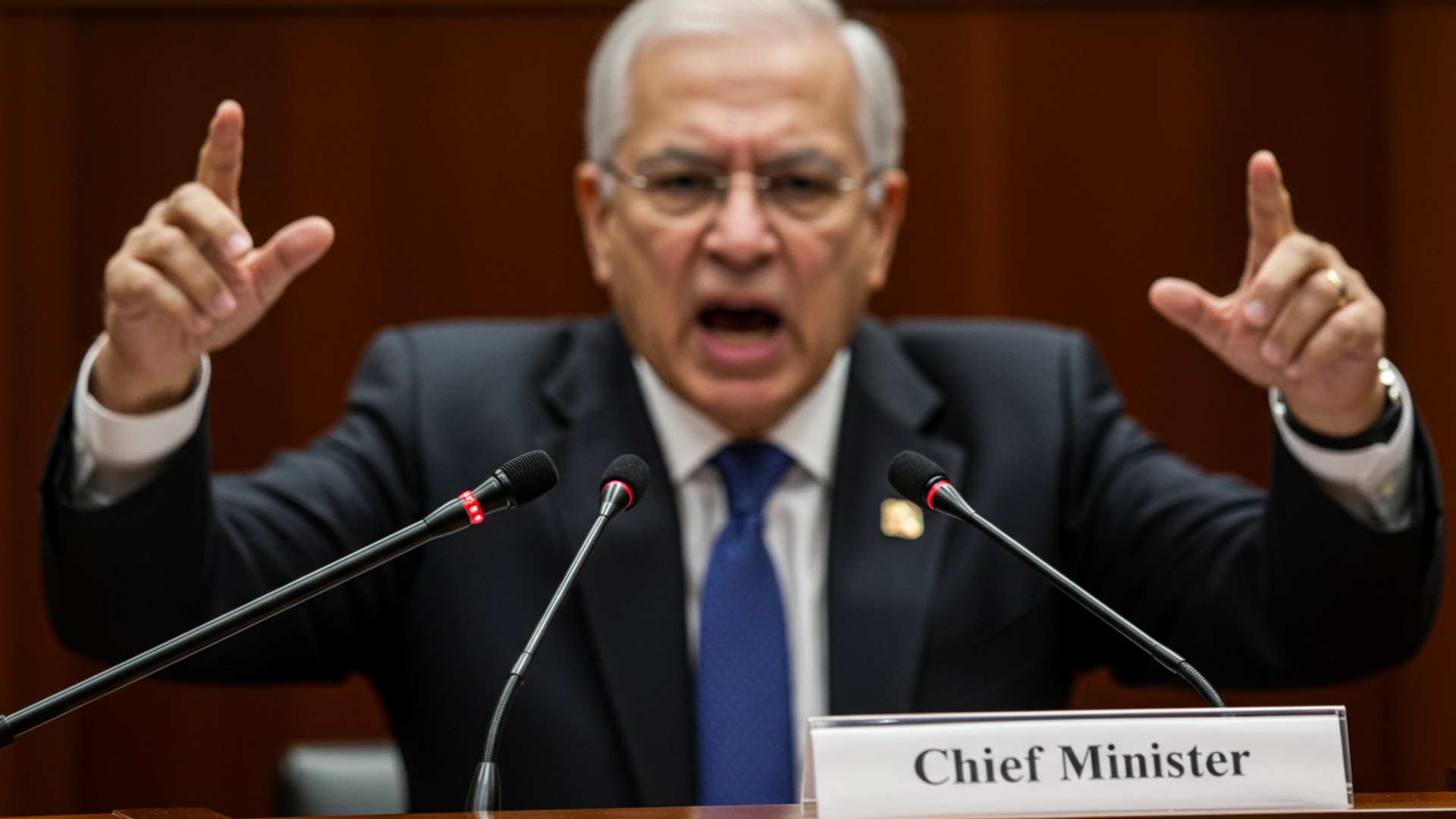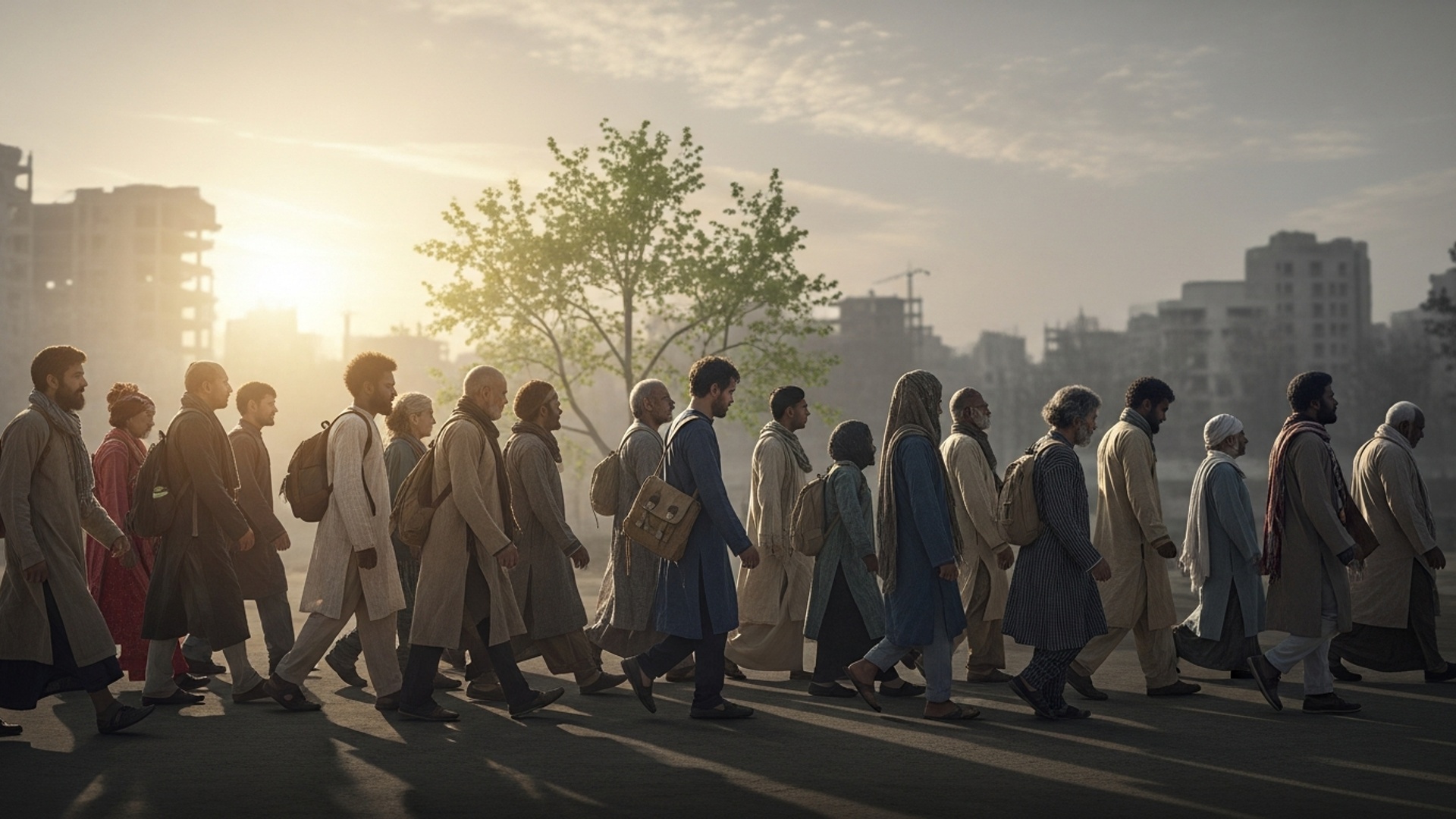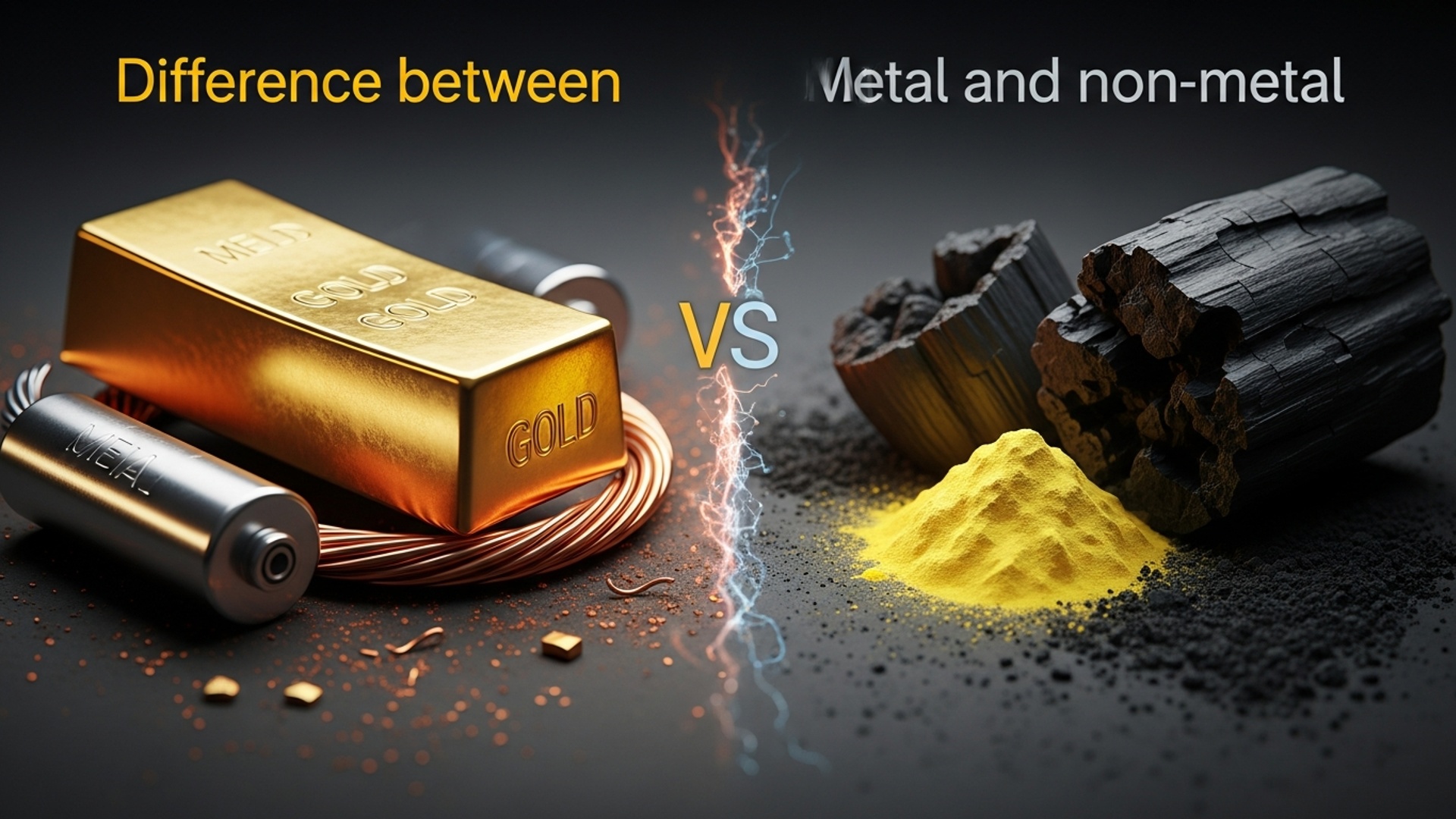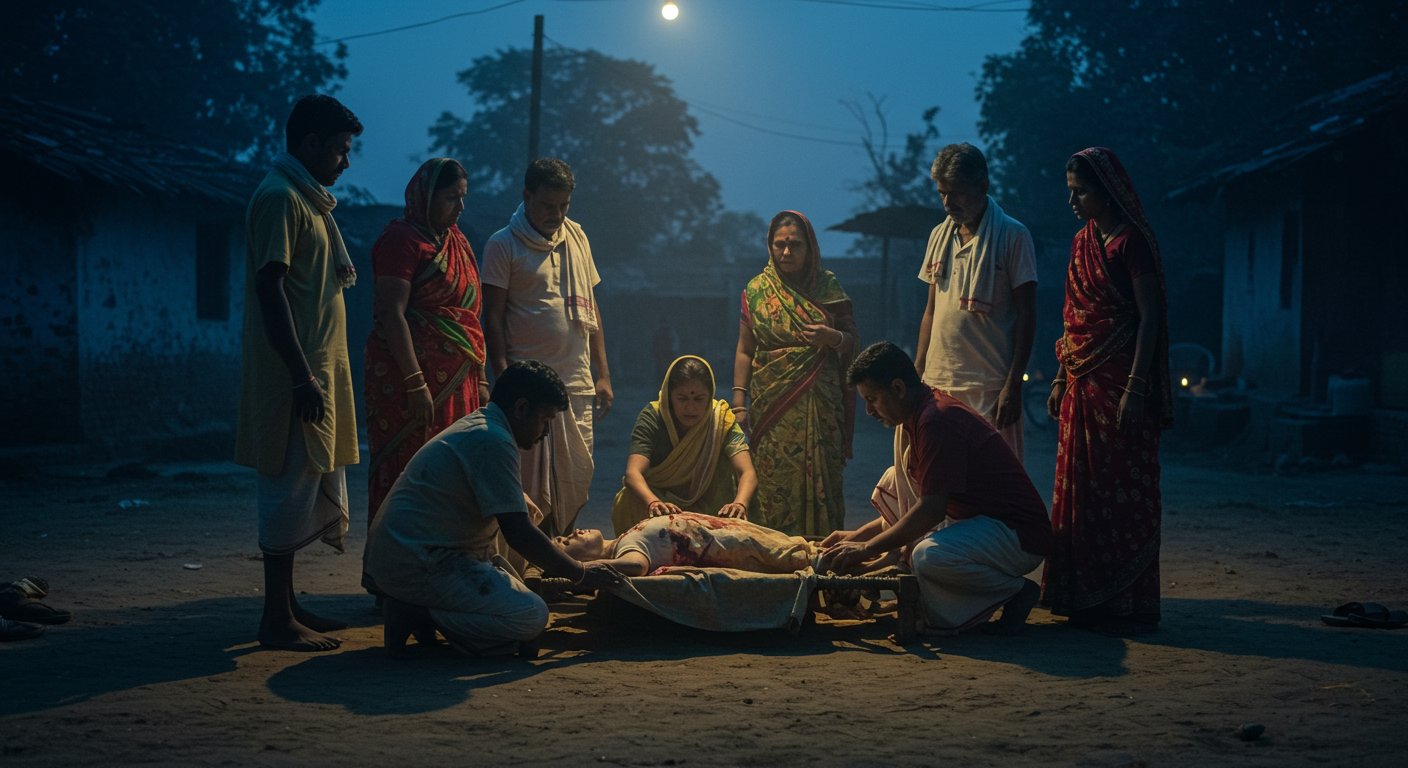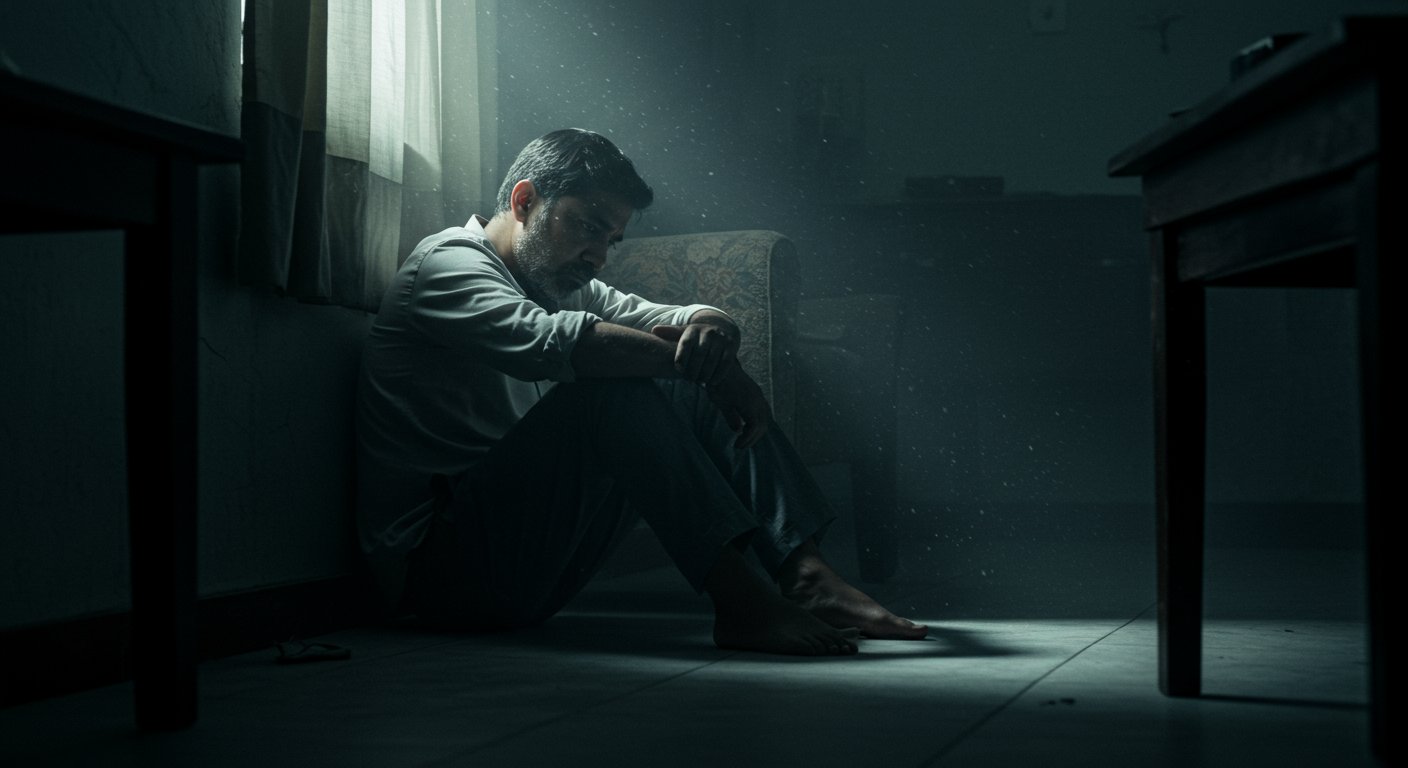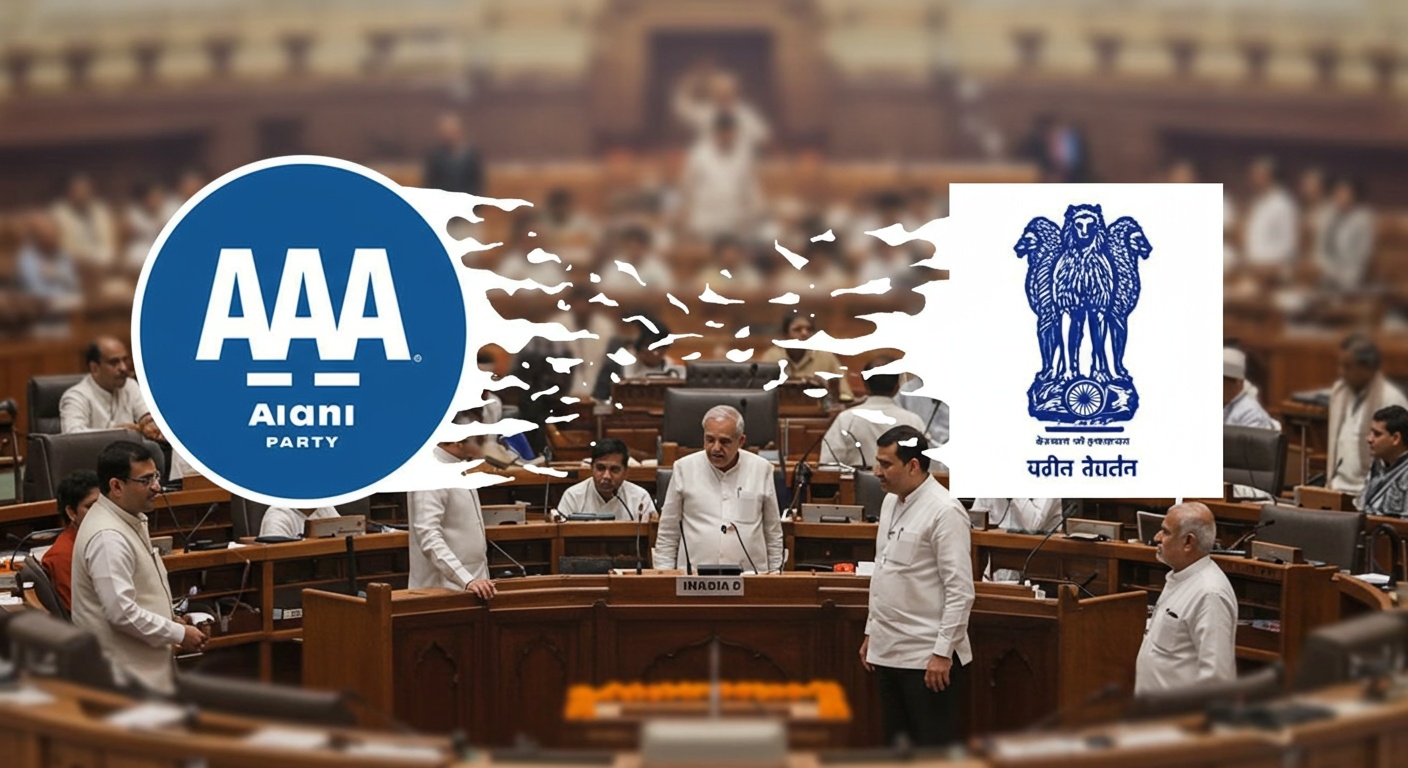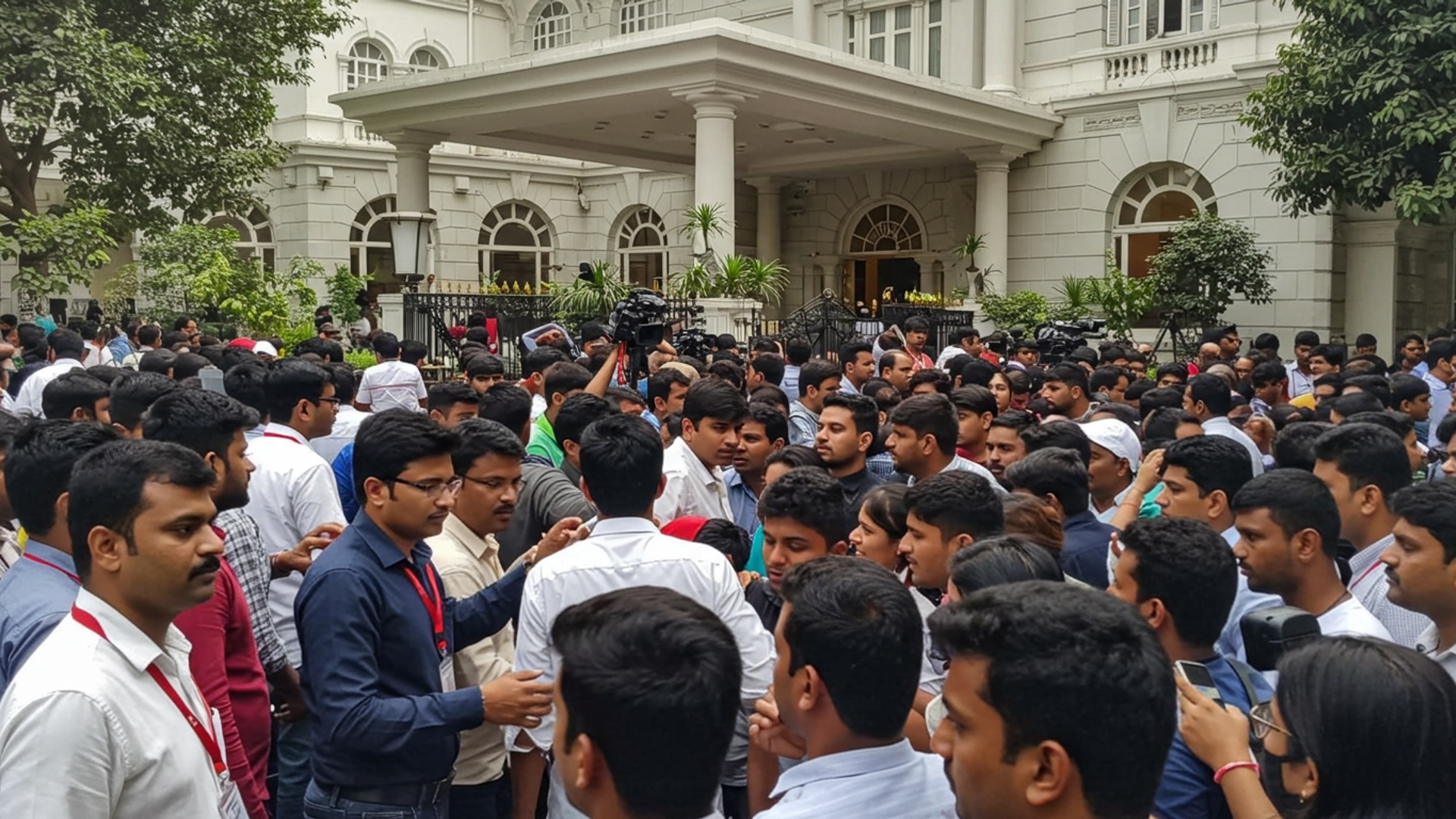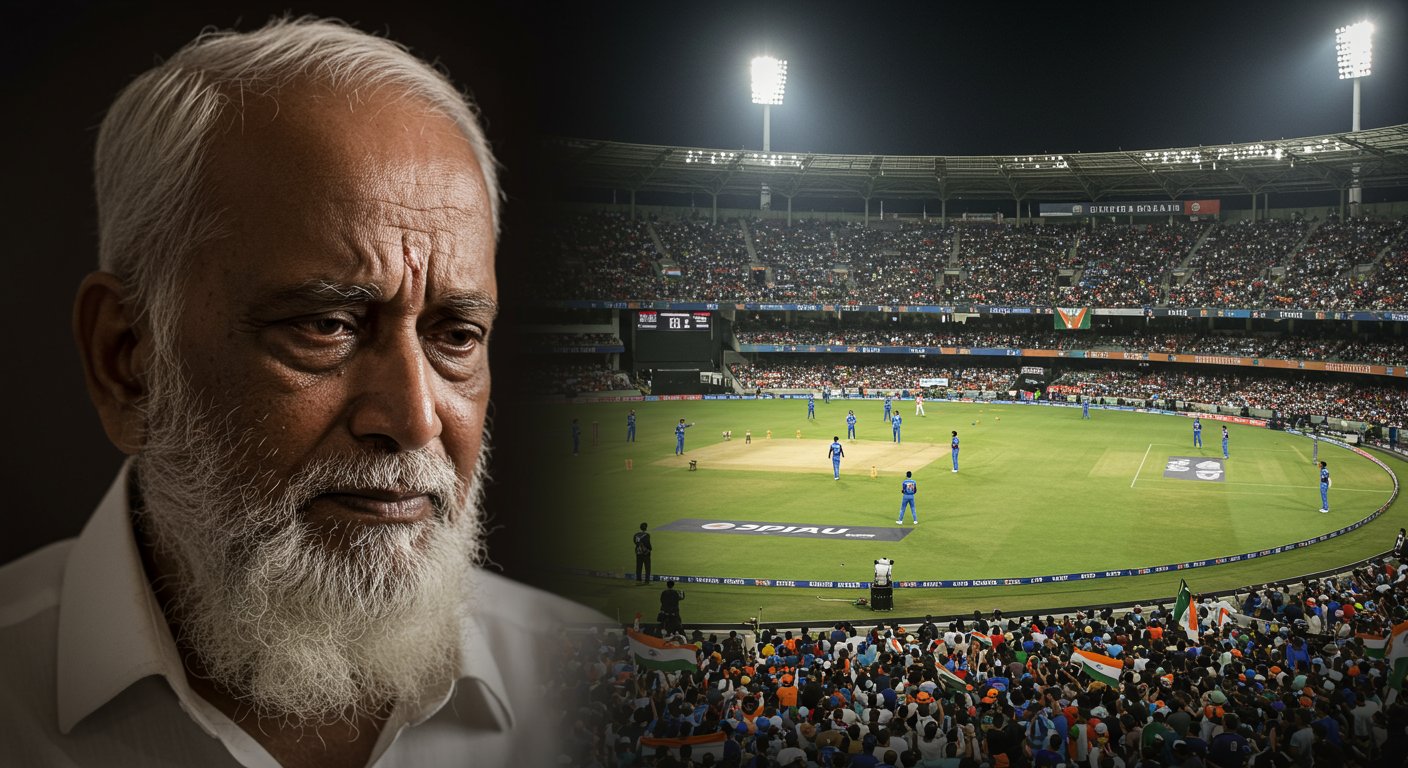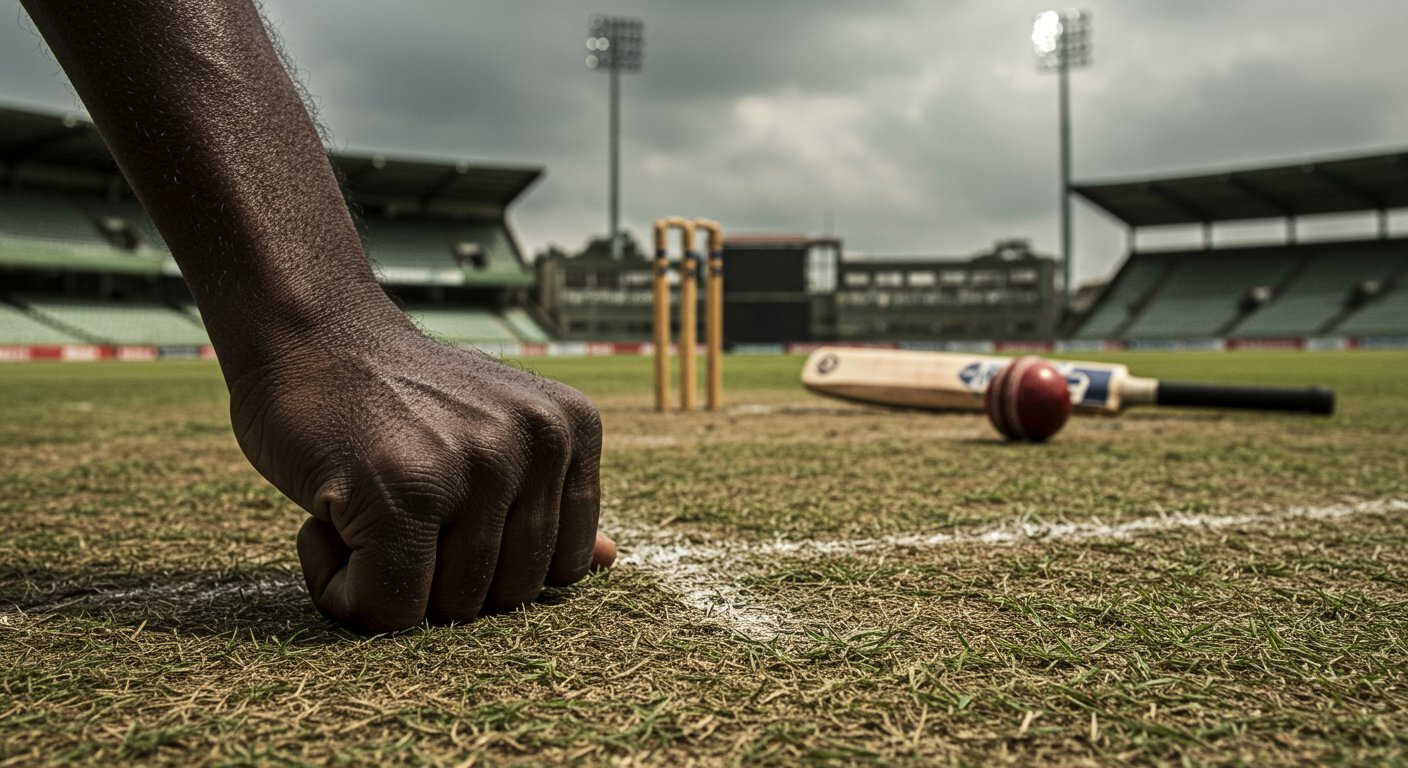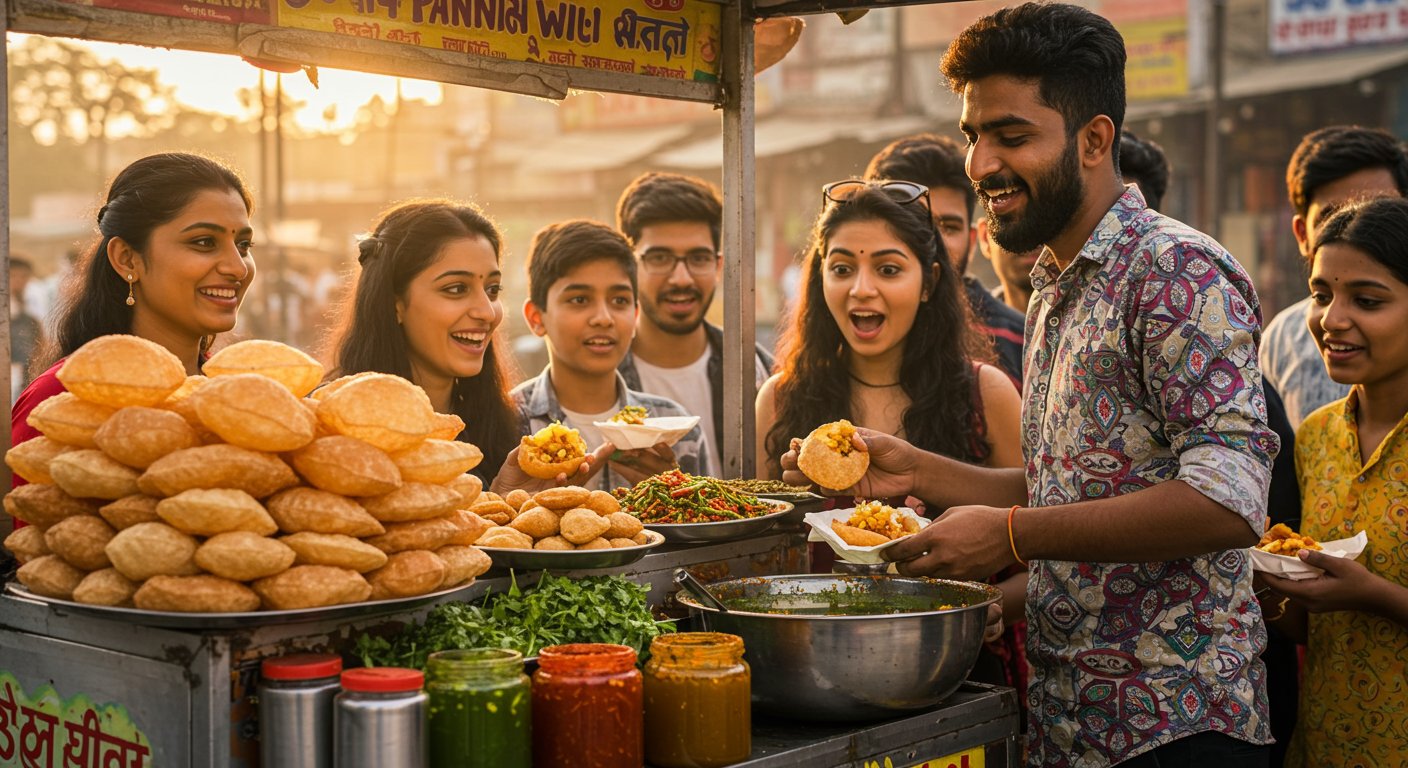A fierce political battle has broken out in Tamil Nadu as Chief Minister M. K. Stalin publicly accused Governor R. N. Ravi of engaging in “cheap politics.” This sharp attack, made right now, marks a serious new turn in the long-running disagreements between the state government and the Governor’s office. The Chief Minister’s strong words come after months of tension over new state laws and other vital matters. This direct accusation by the state’s top leader against the Governor has set off a major crisis, raising big questions about stability and cooperation in Tamil Nadu’s political scene.
What Happened Today
A major political argument has started in Tamil Nadu. The state’s Chief Minister, M. K. Stalin, has strongly criticised Governor R. N. Ravi, saying the Governor is playing “cheap politics.” This happened on Sunday, August 17, when the Chief Minister spoke at an event in Dharmapuri. He accused Governor Ravi of going against the state government more than the political opposition. The Chief Minister stated that the Governor is spreading wrong insights and fear about the Dravida Munnetra Kazhagam (DMK) government. This public disagreement highlights ongoing tensions between the elected state government and the Governor, who is appointed by the central government. Such conflicts are not new in Indian states, especially when the state and central governments are led by different political parties. The Chief Minister’s strong words have brought the relationship between the two key officials into sharp public focus.
Why the Argument Started
The latest argument between Chief Minister Stalin and Governor Ravi comes after the Governor’s Independence Day speech. In his speech, Governor Ravi talked about some serious issues he saw in Tamil Nadu. He spoke about concerns like drug abuse, the safety of women, an increase in suicides. unfair treatment of people in the state. He also mentioned that the public education system in Tamil Nadu was getting worse, citing a report called the Annual Status of Education Report (ASER). These comments from the Governor were seen by the state government as direct criticisms and an attempt to paint a negative picture of their work. The Chief Minister’s accusations of “cheap politics” are a direct response to these points raised by Governor Ravi. Beyond the speech, there have been other points of disagreement. For instance, the Governor has been accused of not giving his approval to vital bills passed by the state assembly. There was also an issue where the Governor reportedly used a wrongly written quote from Thirukkural, an ancient Tamil text. showed disrespect for the Tamil anthem. These incidents have added to the growing strain between the Raj Bhavan, where the Governor lives. the state government.
What the Chief Minister Said
Chief Minister M. K. Stalin did not hold back in his criticism of Governor R. N. Ravi. He said that the Governor’s actions were worse than what even the political opposition would do. He accused Governor Ravi of “spreading false stories” about the DMK government and the party. The Chief Minister made several specific points against the Governor:
- He claimed the Governor was mocking the “Dravidian Model” of governance, which is the guiding principle of the DMK government.
- He accused the Governor of insulting the Tamil language and even presenting a wrongly written verse from Thirukkural.
- Stalin stated that the Governor was not approving bills passed by the state’s elected assembly, which delays crucial government work.
- The Chief Minister also said the Governor was disrespecting the Tamil anthem.
- He strongly denied the Governor’s claims about a decline in education, women’s safety. law and order.
To counter the Governor’s claims, CM Stalin presented data.
“According to the National Crime Records Bureau, BJP-ruled Uttar Pradesh tops the list of crimes against women. If Tamil Nadu was unsafe, how did we attract Rs 10 lakh crore investments since we assumed office?”
He further stated that Tamil Nadu ranks second in school education across India. He pointed out that the state has attracted investments worth 10 lakh crore rupees in the last four years because law and order are well maintained. The Chief Minister suggested that the Governor should target states ruled by the central government’s party if he is truly concerned about such issues. Stalin also said that the central government is using the Governor for its own “cheap politics” against Tamil Nadu and its people. Despite the attacks, he stated that the Governor’s actions only make the people of Tamil Nadu more determined and strengthen their love for their language and culture.
The Governor’s Role and Past Issues
The Governor in an Indian state holds a key position as the constitutional head. While the Chief Minister is the real head of the government, the Governor acts as the representative of the President of India in the state. The Governor is appointed by the President, usually on the advice of the central government. This role is meant to be neutral, connecting the state with the central government. But, in practice, there have often been arguments between Governors and elected state governments, especially when different political parties are in power at the state and central levels. One common area of conflict is when Governors delay or do not approve bills passed by the state assembly. In Tamil Nadu, Governor R. N. Ravi has been accused of delaying action on several bills. For example, a bill related to medical admissions was not acted upon by him for a long time. Such delays have led to concerns that the Governor is overstepping his role or acting in line with the central government’s political agenda. The Supreme Court has also had to step in on similar issues in other states, stating that Governors should act on bills “as soon as possible” and within a certain timeframe. The Governor also has certain special powers, such as asking for insights from the Chief Minister or recommending President’s rule in a state if there is a breakdown of the constitutional system. The role is vital for ensuring that the Constitution is followed in the state and that laws are carried out properly.
How Others See This Conflict
The ongoing dispute between Chief Minister Stalin and Governor Ravi is being watched closely by many people. Such disagreements are not isolated to Tamil Nadu; similar tensions have been seen in other states like West Bengal, Kerala. Punjab, where state governments ruled by opposition parties often have strained relationships with the central government’s appointed Governors. Many experts and political observers view these conflicts as a challenge to the idea of federalism in India. Federalism means that power is shared between the central government and state governments. When Governors, who are central appointees, are seen as interfering with the work of elected state governments, it can lead to questions about this balance of power. The Supreme Court’s past observations in cases related to Governors delaying bills suggest that the courts are also mindful of maintaining the balance between the roles of the Governor and the elected state government. Some political parties and leaders from other states have expressed support for Chief Minister Stalin’s stance, seeing it as a stand against what they might consider an overreach by the Governor’s office. The general public often sees these disputes as political battles that can affect the smooth running of state affairs and the delivery of welfare schemes.
What Might Happen Next
The strong statements from Chief Minister M. K. Stalin against Governor R. N. Ravi suggest that the tensions between the Tamil Nadu government and the Raj Bhavan will continue. This public exchange of words highlights a deeper issue regarding the roles and powers of elected state governments and centrally appointed Governors. In the future, it is possible that the state government might take further steps to address the issues it has raised, especially concerning bills that are not being approved. They could explore legal options, similar to how other states have approached the Supreme Court in the past to resolve delays in bill approvals. The central government, which appoints the Governor, may also need to consider the situation, although they have generally supported their appointees in such conflicts. The Governor, on his part, might continue to voice concerns on issues he deems vital for the state, as seen in his Independence Day speech. The ongoing disagreement could also become a key topic in future political discussions and elections in Tamil Nadu, with both sides likely using these incidents to gain public support. The focus will remain on how these two essential offices manage their relationship and whether they can find common ground to ensure that the state’s administration and public welfare are not negatively affected by the political disagreements. The situation serves as a reminder of the often complex and sometimes difficult relationship between state and central authorities in India’s political system. ![]()
